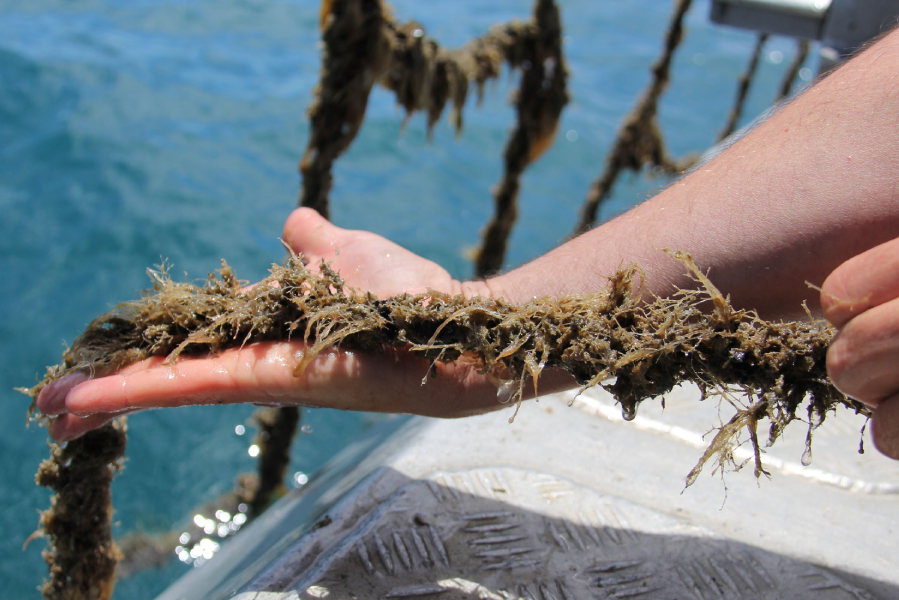Blue Revolution Fund recauda 93 millones de euros para invertir en acuicultura sostenible

El Blue Revolution Fund (BRF), una colaboración entre la empresa de capital riesgo Escotilla azul y la organización sin ánimo de lucro The Nature Conservancy (TNC)ha cerrado con compromisos por un total de 93 millones de euros (100,2 millones de dólares). Este fondo, destinado a fomentar la acuicultura sostenible, ha superado su objetivo inicial de 75 millones de euros e invertirá en empresas de acuicultura en fase inicial. El objetivo es mejorar la salud de los océanos, hacer frente al cambio climático y crear empleo en las comunidades costeras.
La estrategia de inversión del BRF se centra en una serie de tecnologías acuícolas innovadoras, como la piscicultura de nueva generación, la cría regenerativa de algas y bivalvos y los productos del mar alternativos. El fondo ya ha invertido en seis empresas de cartera, entre ellas CageEye, una firma noruega que mejora la eficiencia de la alimentación en acuicultura con tecnología de ecosonidos, y DeNova, una empresa canadiense que produce proteína unicelular como alternativa sostenible a los ingredientes tradicionales de los piensos.
A medida que la acuicultura sigue creciendo, proporcionando ahora más marisco que la pesca salvaje, se prevé que el sector produzca 109 millones de toneladas métricas en 2030, un aumento de 32% con respecto a los niveles de 2018. Esta expansión se considera crucial, dado que casi 90% de las poblaciones de peces marinos están sobreexplotadas o totalmente explotadas. Teniendo esto en cuenta, el BRF pretende apoyar tecnologías y prácticas que ayuden a satisfacer la creciente demanda de alimentos al tiempo que alivian las presiones medioambientales.
La estructura del fondo integra objetivos financieros y medioambientales. Hatch Blue, como gestor del fondo, aprovecha su experiencia en acuicultura y sistemas alimentarios sostenibles, mientras que TNC garantiza que los resultados de conservación se incorporen a cada inversión. El objetivo es atraer capital privado para acelerar las soluciones de acuicultura sostenible, que TNC cree que pueden ofrecer una fuente de alimentos con bajas emisiones de carbono al tiempo que contribuyen a la salud de los ecosistemas marinos.
El BRF prevé invertir en otras nueve empresas en los próximos meses y tiene previsto publicar orientaciones sobre la diligencia en la conservación y la elaboración de informes de impacto para las inversiones en acuicultura. Esto proporcionará a otros inversores recursos para identificar oportunidades que ofrezcan tanto rentabilidad financiera como beneficios medioambientales.


Respuestas